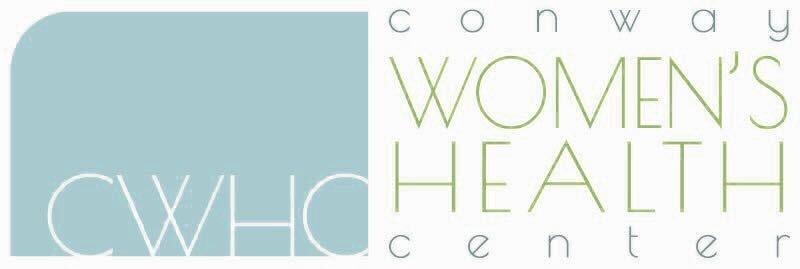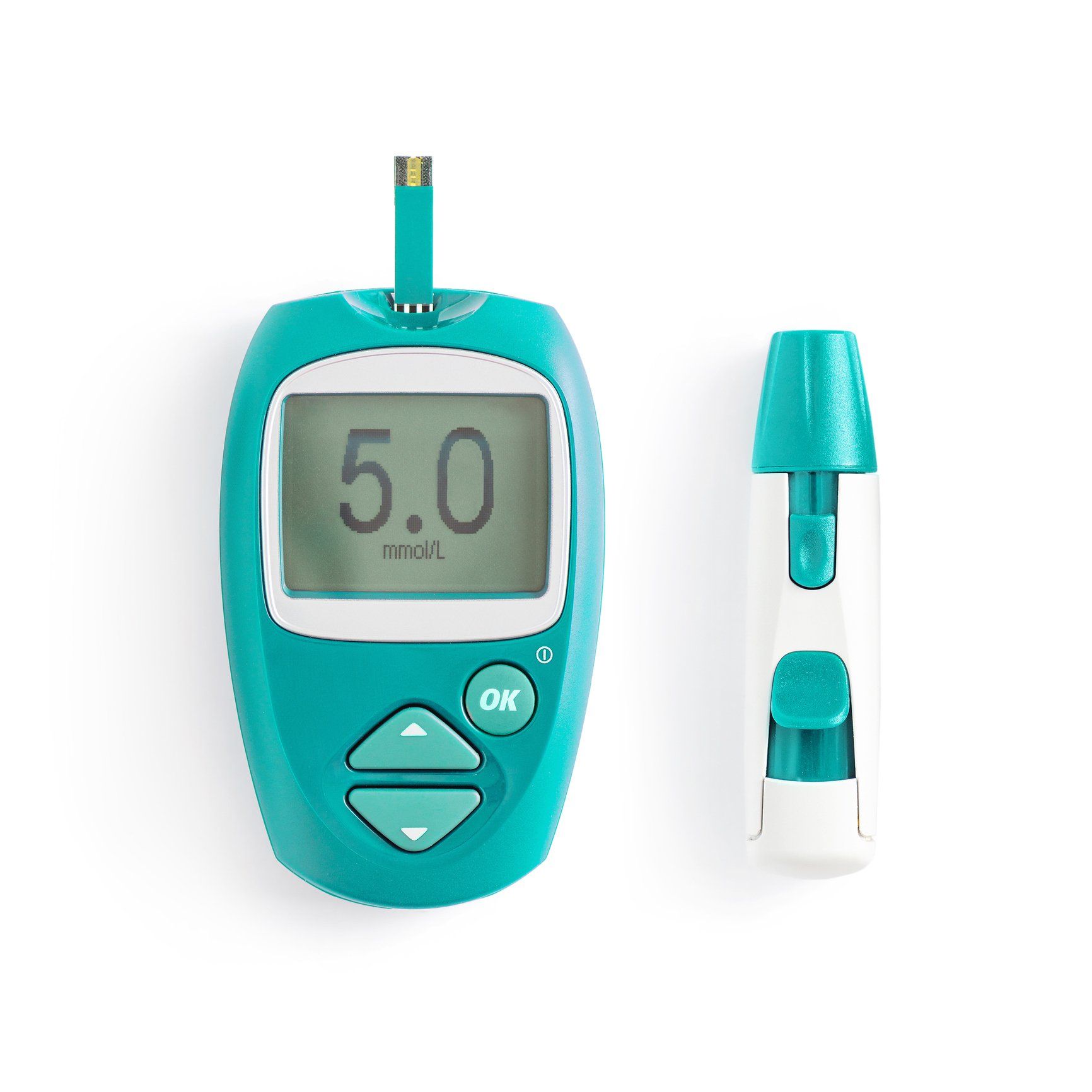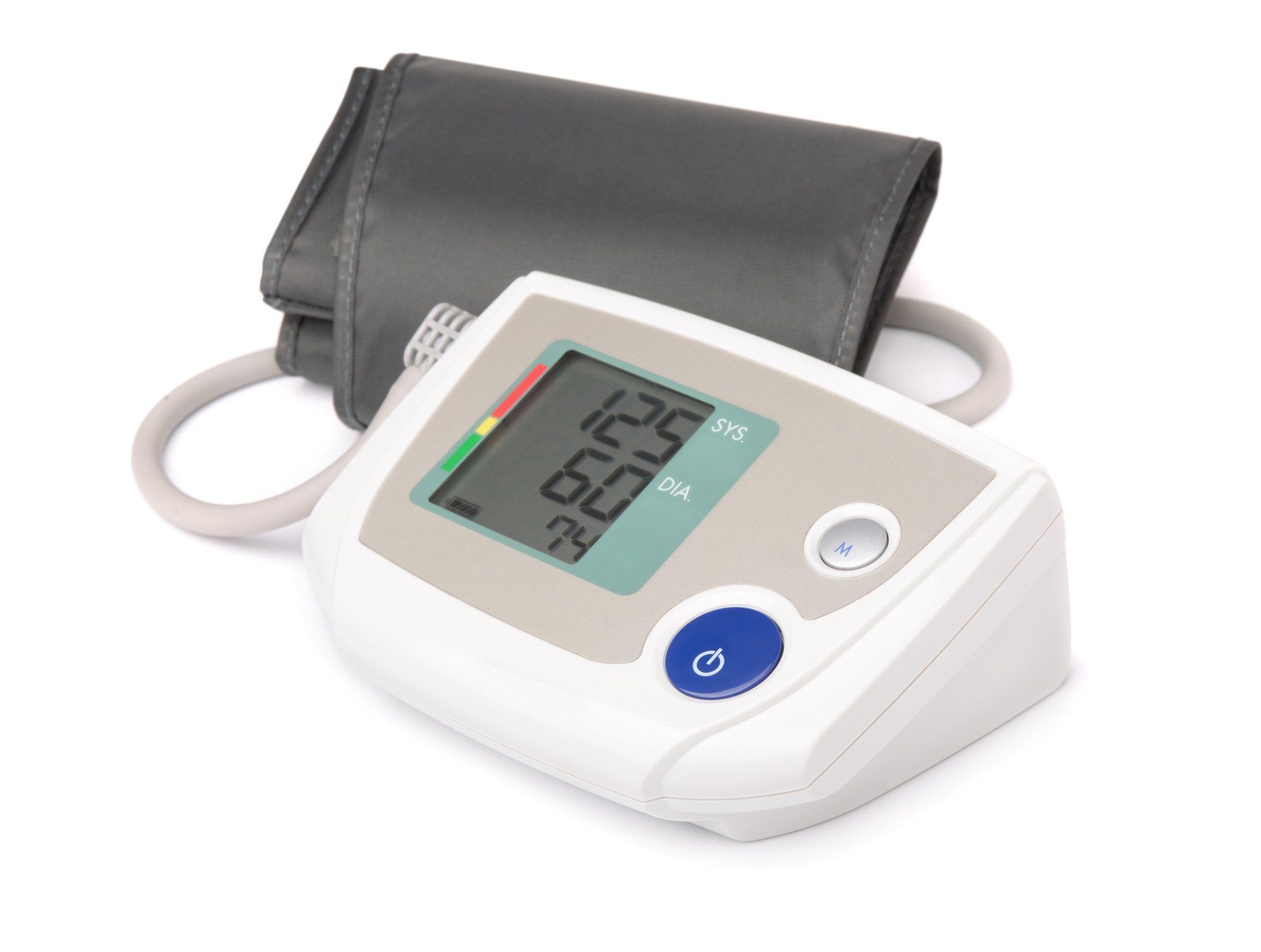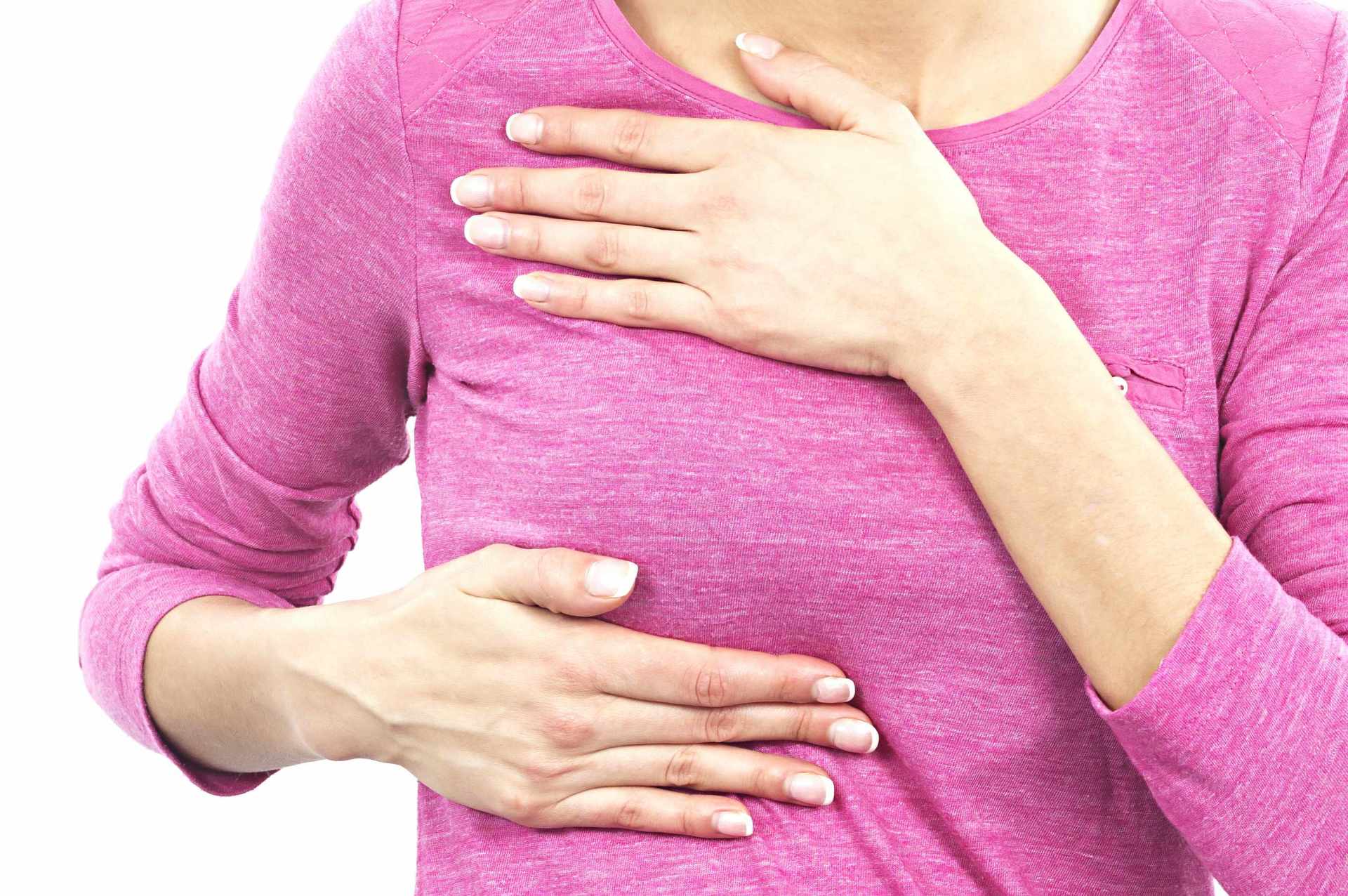Women's Health Services in Conway, Arkansas
Frequently Asked Questions & Instructions
- How often should I be checking my blood sugar?
It is highly recommended that you check your blood sugar 4 times a day
- When should I check my blood sugar during the day?
You should check your blood sugar level every morning before breakfast and 1-2 hours after each meal.
- What is a normal blood sugar level?
A normal fasting blood sugar should be less than 95. 1 hour after meals it should be less than 140 and 2 hours after meals it should be less than 120.
- Should I keep a log of my blood sugar readings?
Yes! Keep a log and bring it with you to each visit and to your dietician appointment.
- What does it feel like when my water breaks?
This may feel like a gush of fluid or slow leak of fluid.
- I'm bleeding. Am I going into labor?
If you are bleeding like you would during a period, most likely. Light spotting after intercourse or exams are normal.
- My baby was moving for so long and now it isn't. Is this normal?
Patients under 26 weeks should be feeling the baby move at least 1 time a day. Patients over 26 weeks should be feeling at least 3 movement an hour. If you are not feeling the baby move, drink some juice or a cola and lay down to check for movement. If you are still not feeling movement then go to L/D for further evaluation.
- I'm having contractions so I must be in labor, right?
If you are contracting regularly, yes. Patients under 36 weeks should not have contractions any closer than every 10 minutes or no more than 6 contractions per hour. If you are contracting this much or more, to go to go L/D. Patients over 36 weeks will need to be evaluated if you are contracting 5-10 minutes regularly for at least 2 hours.
- How do I start oral contraceptives?
We recommend patients start taking your pills the Sunday after you start bleeding. It doesn't matter if you are still bleeding or not, start your pack on Sunday. You will take a pill every day around the same time of day.
- What kind of side effects should I expect?
Patients may spot or have irregular bleeding for the first 3 months aftering OCPs, this can be normal while your body is adjusting to the hormones. If you are bleeding heavy (soaking a pad an hour) or have continued spotting after 3 months, please contact our office.
- Should I monitor my blood pressure during pregnancy?
We recommend that you do as this can indicated complications.
- What is a blood pressure reading that should trouble me?
If your blood pressure is consistently staying about 140s/90s after laying down, you need to go to L/D or call our office.
- What are some common signs and symptoms to look out for?
Severe headaches, if unrelieved by tylenol, changes in vision, including temporary loss of vision, blurred vision or light sensitivity, upper abdominal pain, usually under your ribs on the right side, nausea or vomiting, shortness of breath, and sudden weight gain or swelling
- What causes breast tenderness?
Breast tenderness is caused by hormone changes and caffeine intake.
- Is breast tenderness normal?
It is unique for every individual and can be normal around your cycle.
- Is there anything that I can do to reduce breast tenderness?
There are actually a few things that you can do! We suggest that you decrease caffeine intake, take Vitamina E (200 IU twice daily) and evening primrose oil (3-4 grams daily), and wear a firm supportive bra.
- Are there any food to avoid during pregnancy?
Yes there is quite a long list that we suggest to stay away from during pregnancy. Raw meat, fish or shellfish, deli meats and cold cuts (if you do want to eat these, make sure they are heated up to steaming), foods with nitrites such as hotdogs, peperonoi, salami, and smoked or cured meats, fish with mercury such as shark, swordfish, king mackerel, tilefish, and canned tuna (which can be eaten in moderation), smoked seafood, raw eggs or items made with raw eggs such as custards, hollandaise sauces and raw cookie dough, unpasteurized milke or cheese, and unwashed vegetables.
- What about alcohol or caffeine?
Alcohol is a definite yes to avoid during pregnancy.
For caffeine, although most studies show that intake in moderation is permissible, there are others that show caffiene intake may be realted to miscarriages. Avoid caffiene during the first trimester to reduce the likelihood of a miscarriage and as general rule, caffeine should be limited to fewer than 200mg per day during pregnancy.






